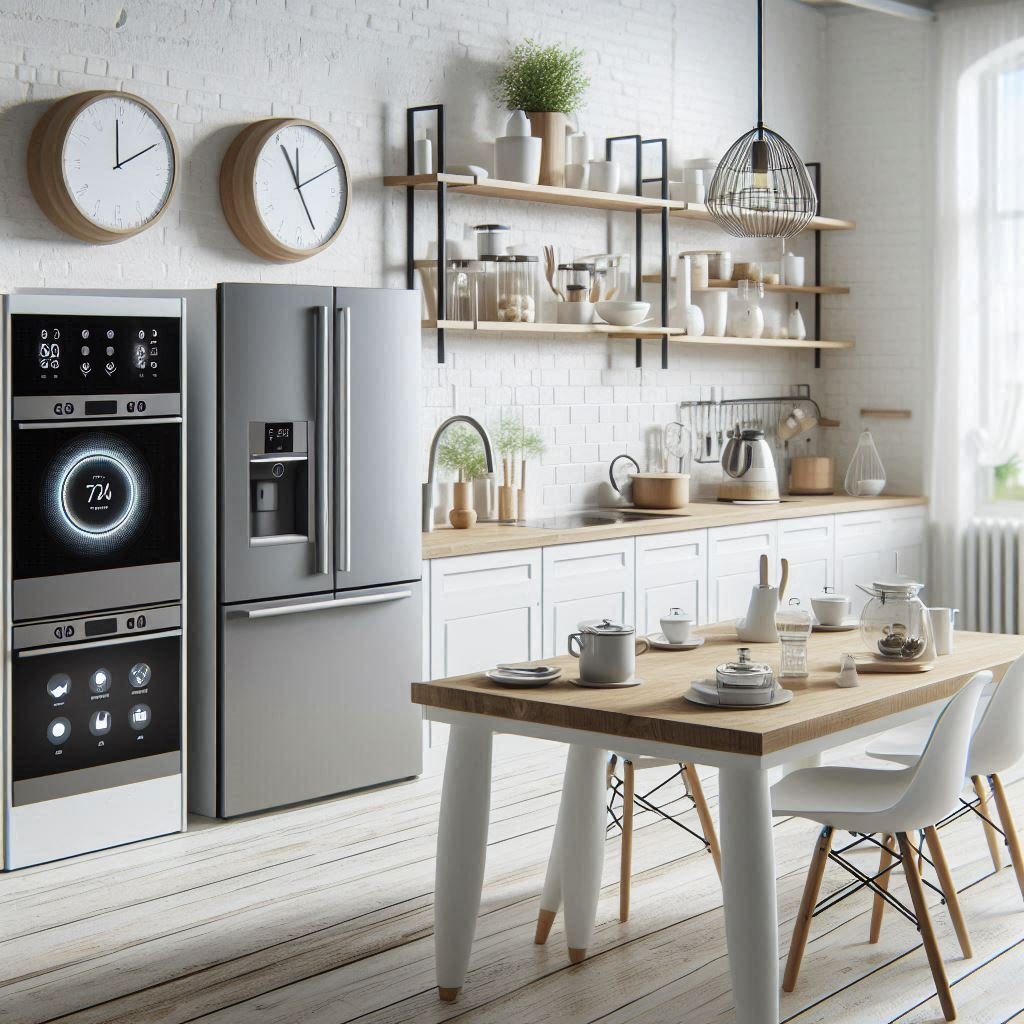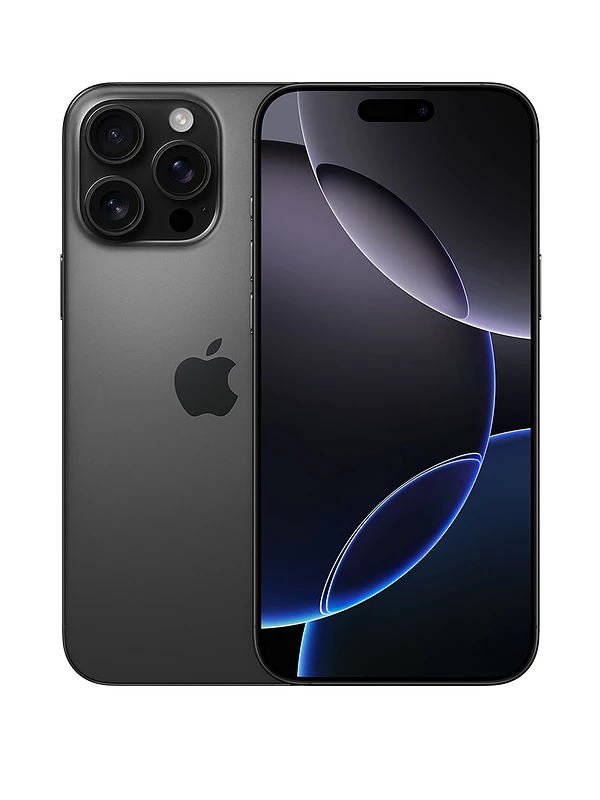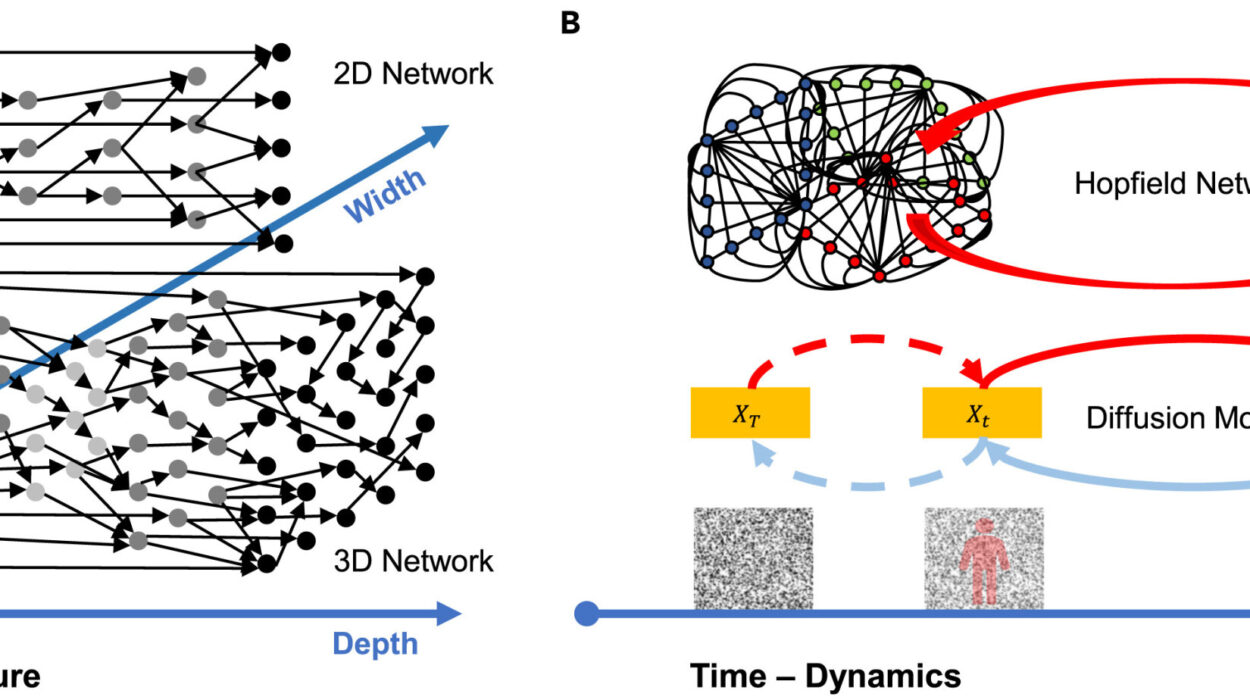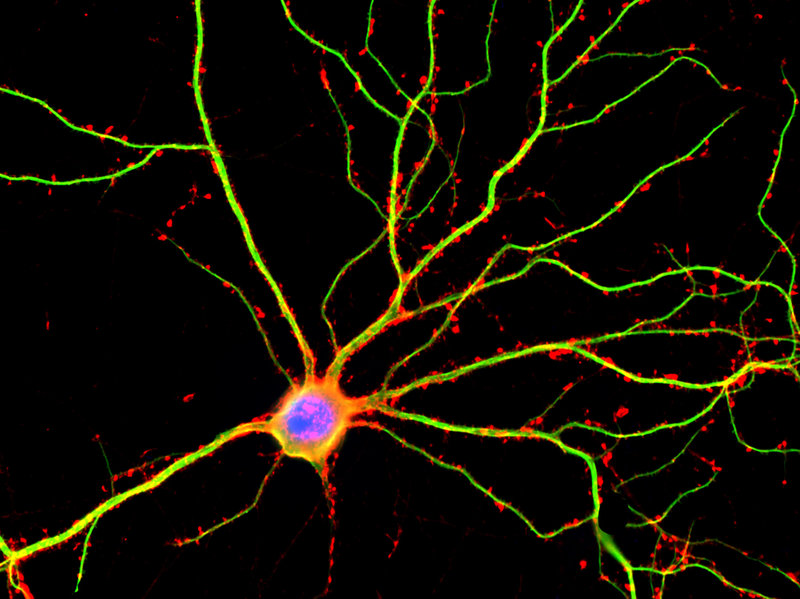The world of kitchens is evolving faster than most can imagine. Gone are the days of just having a stove, fridge, and sink in the kitchen. Today, technology is transforming the culinary space in ways that not only make cooking more efficient but also more enjoyable and connected. Welcome to the world of smart appliances—the innovations shaping the kitchens of tomorrow.
The Rise of Smart Kitchens
Over the last decade, the integration of technology into home appliances has taken off at an astonishing pace. From voice assistants like Amazon’s Alexa and Google Assistant to advanced gadgets that make cooking easier, the way we prepare food, store ingredients, and interact with our kitchens is fundamentally changing. Smart kitchens go beyond simply having Wi-Fi-enabled devices; they incorporate automation, data, and connectivity to deliver a personalized and intuitive cooking experience.
In the early stages, smart home devices were primarily designed to automate simple tasks, such as controlling lights and thermostats. However, as technology advanced, the kitchen became a focal point for innovation. The idea of the “smart kitchen” now encompasses a wide range of appliances that are not only smart but also connected—devices that communicate with each other, learn from your habits, and adapt to your preferences. These advancements are revolutionizing how we live in our homes, cook, and even entertain.
But what exactly makes a kitchen “smart”? What technologies are behind this revolution? And how do these appliances improve our daily lives? Let’s take a deeper dive into the world of smart kitchens and explore the future of cooking.
The Heart of the Smart Kitchen: The Refrigerator
Arguably, one of the most essential and transformative elements of any smart kitchen is the refrigerator. In the past, refrigerators were simple machines designed to store food and keep it cool. Now, they’re turning into command centers of the kitchen, equipped with features like touchscreens, cameras, and advanced sensors.
Take Samsung’s Family Hub refrigerator, for example. This smart fridge features a large touchscreen that not only lets you check the contents of your fridge remotely (via an app) but also allows you to view recipe suggestions based on the ingredients inside. You can even create shopping lists directly from the fridge’s interface, and it integrates with your calendar to remind you of upcoming events or grocery needs. The refrigerator can even help you track expiration dates and send you reminders when food is about to spoil. With voice control and the ability to sync with your other smart devices, the refrigerator becomes an intelligent assistant in the kitchen.
Some models go even further, offering interior cameras that allow you to see what’s inside the fridge from your smartphone. Imagine standing in the grocery store and being able to check if you already have eggs or milk at home—all without opening the fridge door. This feature alone saves time and eliminates the frustration of overbuying or forgetting essential items.
Furthermore, with energy efficiency becoming a priority for homeowners, smart refrigerators are designed to help save energy while keeping your food fresher for longer. They optimize temperature control based on the contents, making sure the cooling system runs efficiently.
Smart Ovens and Cooking Assistants
While refrigerators have become high-tech hubs, ovens have also seen a significant leap forward in terms of technology. The oven of the future is no longer just a box that heats food; it’s an intelligent cooking device that helps you prepare meals with precision and ease. Smart ovens, such as those offered by brands like June, Whirlpool, and GE, can be controlled remotely via smartphones, which means you can preheat your oven on your way home from work, or even start cooking a meal from your phone while you’re sitting on the couch.
What’s more, some smart ovens feature built-in cameras, which allows you to monitor the cooking process in real time. Imagine being able to check the status of your roast or pizza while you’re in another room or even when you’re at the office. With integrated apps, these ovens can suggest recipes based on the ingredients you have and give you step-by-step instructions on how to prepare meals.
But it doesn’t stop there. The next generation of smart ovens will use artificial intelligence to recognize the type of food you’re cooking and automatically adjust settings for the perfect cooking results. Some models even feature the ability to connect with voice assistants like Alexa, so you can preheat your oven, set a timer, or adjust the temperature hands-free. This level of convenience, customization, and control has the potential to make cooking less of a chore and more of an enjoyable experience.
The Smart Dishwasher: Cleaner, Faster, and More Efficient
Dishwashing has always been one of the most tedious kitchen tasks. With the advent of smart dishwashers, however, this dreaded chore is becoming a thing of the past. Brands like Bosch, Samsung, and Miele are leading the charge with dishwashers that not only offer top-notch cleaning performance but also come packed with smart features designed to make your life easier.
Modern dishwashers can be programmed and controlled remotely via smartphone apps, allowing you to start a cycle while you’re out of the house or in another room. Sensors can detect the level of dirt on your dishes and adjust the water pressure, temperature, and detergent usage accordingly. This not only ensures a better cleaning result but also saves water and energy.
Some smart dishwashers have even begun to integrate with voice assistants. Just like your oven or refrigerator, you can use voice commands to start, pause, or end a wash cycle. Additionally, smart dishwashers are becoming quieter, faster, and more energy-efficient, which means that the days of waiting for hours to get a full load of dishes clean are over.
Smart Cooktops and Range Hoods
While ovens are often the center of cooking, cooktops and range hoods play essential roles in food preparation. With the rise of induction cooking, smart cooktops have become more precise and energy-efficient, offering better control over heat settings and cooking times.
Induction cooktops use electromagnetic energy to directly heat the pot or pan, which reduces the amount of heat wasted and ensures more even cooking. Many smart cooktops come equipped with sensors that automatically adjust the heat based on the size and type of cookware being used. This not only makes cooking more efficient but also enhances safety, as the cooktop stays cool to the touch, reducing the risk of burns.
Range hoods, on the other hand, are often overlooked but are just as crucial for maintaining air quality in the kitchen. Smart range hoods, like those from brands such as Vent-A-Hood and Broan, feature sensors that automatically adjust the fan speed based on the level of smoke, steam, or odors in the air. This means that they can work silently and efficiently without you needing to manually adjust settings. Some even have Wi-Fi connectivity, allowing you to monitor the air quality from your smartphone or voice-controlled smart assistant.
Smart Small Appliances: The Little Helpers
The rise of smart kitchen appliances doesn’t stop at the big-ticket items. Small appliances like blenders, coffee makers, slow cookers, and even toasters are becoming smarter, offering an extra layer of convenience for the modern cook.
For example, smart coffee makers allow you to brew your morning cup of coffee without ever getting out of bed. With apps that let you schedule brew times, customize strength, and even select the type of coffee you want, smart coffee makers are a godsend for anyone who loves their caffeine fix. Some models, like those from Keurig and Nespresso, even integrate with voice assistants, so you can tell your smart speaker to start brewing.
Slow cookers and pressure cookers are also becoming smarter. Many are equipped with Bluetooth or Wi-Fi, enabling you to adjust cooking times and temperatures remotely. Imagine starting a slow-cooked meal in the morning, setting the timer, and then having it finish perfectly while you’re still at work. These appliances ensure that the meal is ready and waiting when you need it, all while you maintain control from afar.
Even blenders and toasters are jumping on the smart appliance bandwagon. With built-in apps, blenders can give you recipe suggestions and automatically adjust blending speeds for the ideal consistency. Some toasters now come with smart features that allow you to control the browning level of your toast with the touch of a button, ensuring that you get your perfect slice every time.
The Role of AI in Smart Kitchens
The real game-changer in the kitchen of the future will be the integration of artificial intelligence (AI). AI allows appliances to learn from your cooking habits, adapt to your preferences, and even suggest meals based on the ingredients you have on hand.
For example, AI-enabled smart fridges can track your food inventory and automatically suggest recipes that make use of what you already have. AI can also help improve cooking techniques by offering real-time guidance on temperature adjustments, cooking times, and ingredient substitutions.
Moreover, AI-driven virtual assistants are becoming more integrated into kitchen appliances, making it easier to follow recipes, manage meal prep, and control various appliances with voice commands. These assistants can even adjust settings on your behalf, eliminating the guesswork from the cooking process and ensuring a consistent and optimized result every time.
Sustainability and the Future of Smart Kitchens
As the world becomes more environmentally conscious, smart kitchens are also becoming an essential tool in reducing energy consumption and minimizing waste. Many smart appliances are designed with energy efficiency in mind, using sensors and advanced technology to optimize water, energy, and resource usage. Smart fridges can automatically adjust cooling settings to save energy, and dishwashers can use the exact amount of water needed for cleaning, eliminating waste.
Furthermore, food waste is a significant concern in many households. Smart appliances are helping to tackle this issue by keeping track of expiration dates and suggesting ways to use up leftovers. This not only helps reduce food waste but also promotes a more sustainable approach to cooking and eating.
Conclusion: A Glimpse Into the Future
The kitchen of the future is a space that blends technology and convenience seamlessly. With smart appliances at the core, the kitchen will become more connected, intuitive, and energy-efficient. From refrigerators that tell you what’s inside to ovens that cook your meals to perfection, the possibilities are endless.
As AI, IoT, and automation continue to evolve, we can expect to see even smarter kitchens that can predict our needs, offer personalized cooking experiences, and help us live more sustainably. Whether you’re an aspiring chef or a busy professional, the smart kitchen is here to stay, and it promises to make cooking and meal preparation easier, faster, and more enjoyable than ever before.
In the end, the kitchen of tomorrow is not just a place to cook—it’s a smart hub that enhances our lives, empowers our culinary creativity, and ultimately transforms the way we experience food. The future of cooking has arrived, and it’s smarter than ever.






